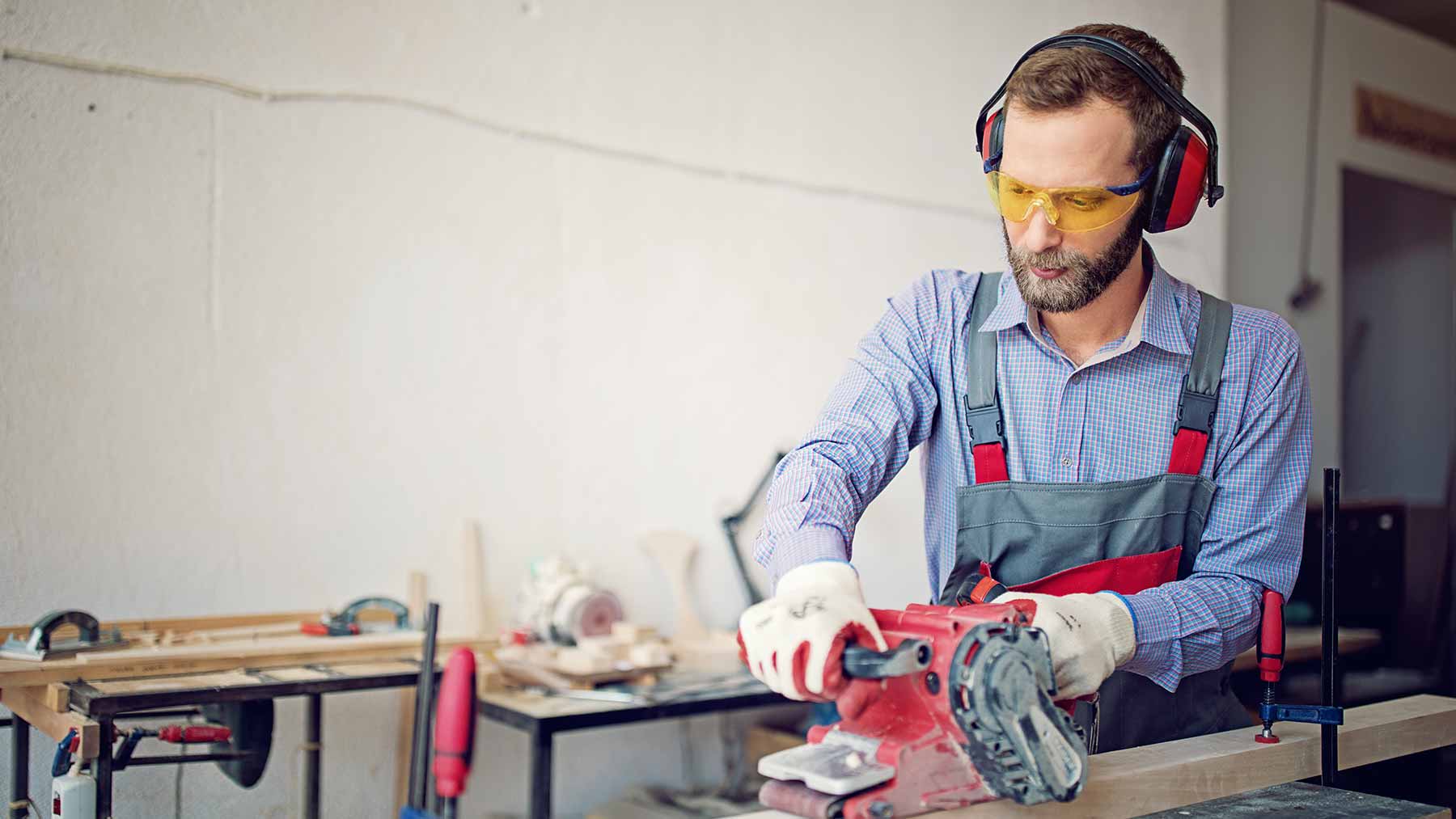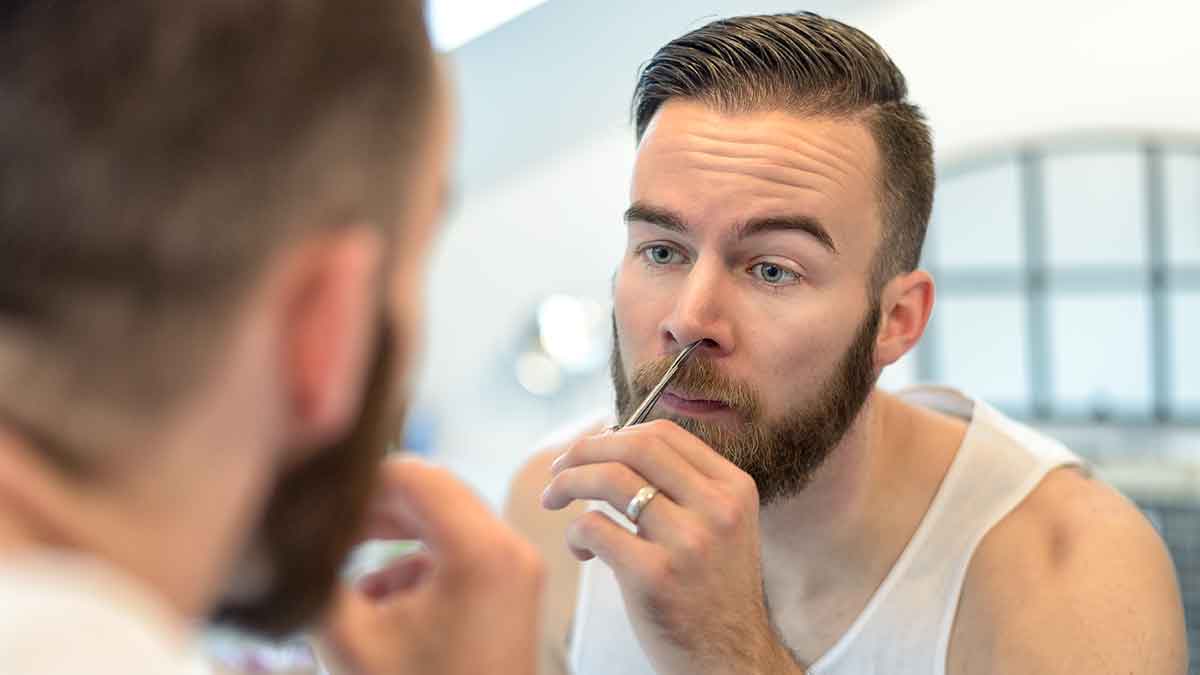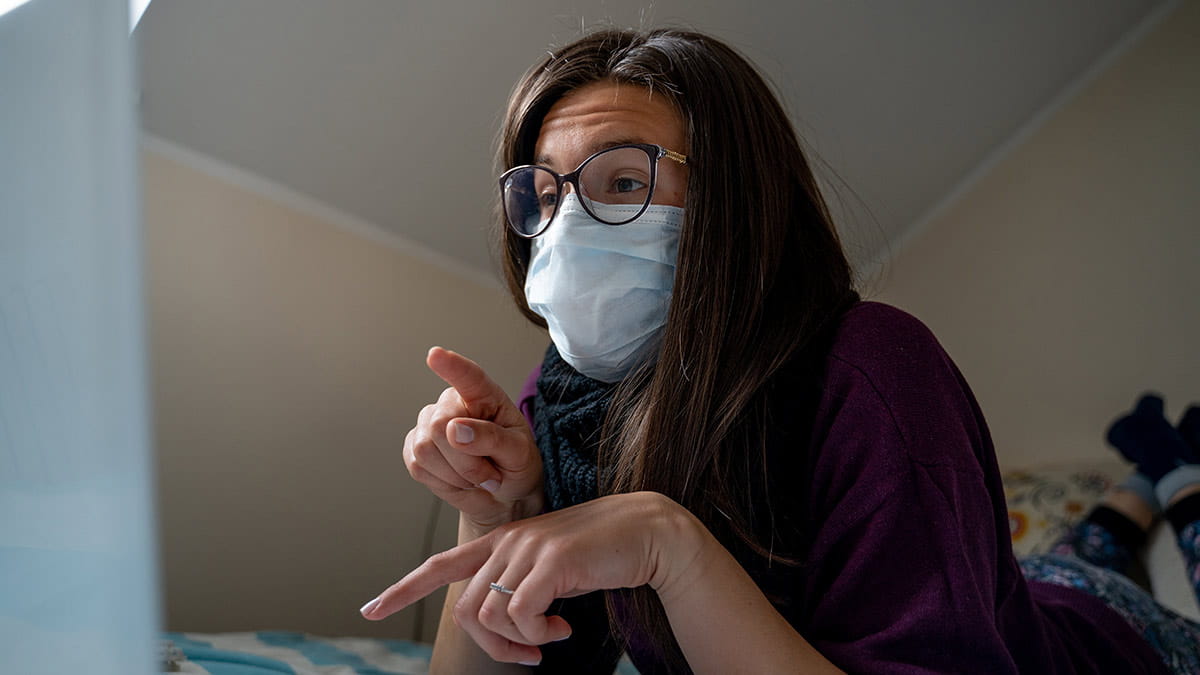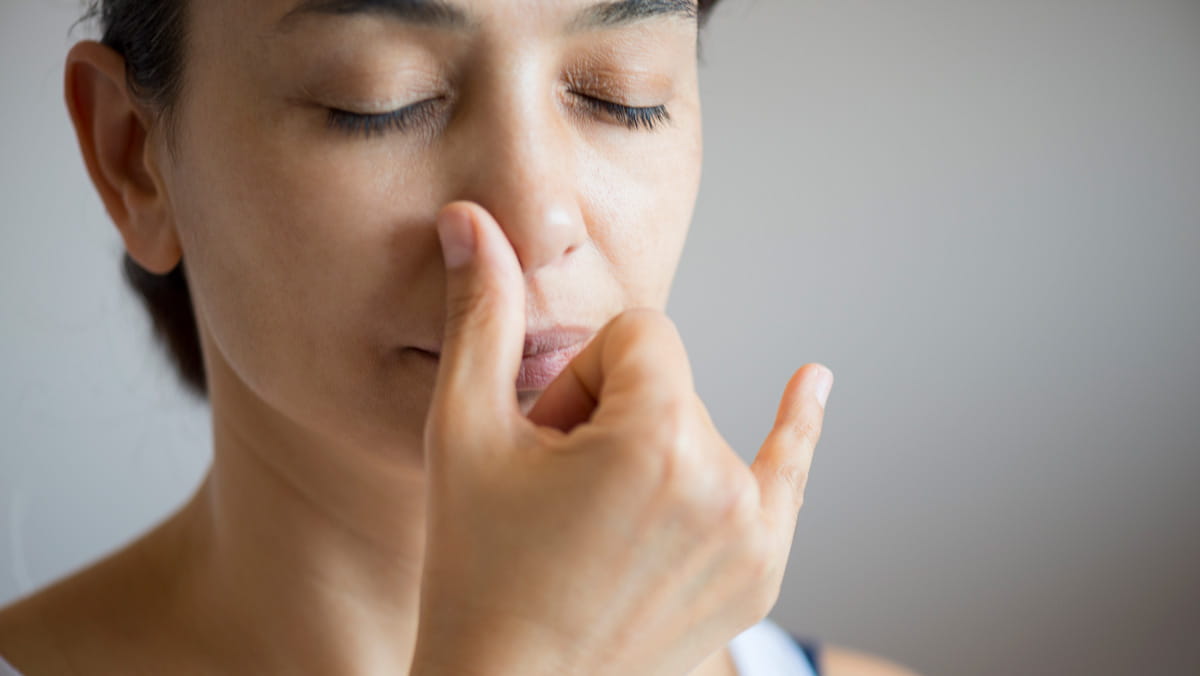The everyday ways I’m damaging my hearing

What’s the most common way we damage our ears? Exposure to loud noise. Whether it’s music, industrial noise, firearms or lawn mowers, if the sound is too loud, it can cause permanent damage to the ear.
The amount of damage to the ear from excessive noise is determined by the length of time you’re exposed to the loud noise and the volume of the noise (measured in decibels), and how much rest you give your ears between exposures.
The louder the sound, the shorter the amount of time it takes for hearing loss to occur.
Here are some common, everyday noises that can cause permanent damage to the cochlea or cellular structures of the inner ear:
Lawn mowers
With a decibel rating of 90dB, the ear will suffer damage after three hours of exposure. Ear protection should be worn while using lawn mowers, leaf blowers, log splitters and power tools.
Avoid listening to music while mowing the lawn or using these tools, as this increases the risk of hearing loss. People often increase the volume of their music to overcome the lawn mower noise, which puts the sound at extremely damaging levels.
Firearms
Firearms can produce sound levels up to 140dB — one shot from a gun can cause permanent damage to the ear. The hair cells in the cochlea become damaged, which causes sensorineural hearing loss, which is irreversible. Ear protection is a must when using a firearm whether it’s for hunting, recreational target practice or skeet shooting.
Concerts
Concert, nightclub and bar sound levels can reach 120dB or louder. You can only be exposed to 120dB for 9 seconds before damage occurs to the ear. It’s recommended that you wear protection to shield the ear from excessive noise exposure.
Work
Ear protection is a must for people who are exposed to excessive noise in workplaces such as construction sites and factories. Exposure to 85dB for an eight-hour period is considered hazardous. Most noise-induced hearing loss is the result of accumulated damage from repeated exposures to hazardous noise.
Concerned about earbuds and hearing loss?
Read what our experts have to say
How can I protect my ears?
Any type of ear protection is beneficial. Each type has a noise reduction rating (NRR), which gives you an idea of how much the noise will be softened with proper use.
An audiologist can help you get custom ear plugs that are molded using an impression of your ear. Ear muffs and foam ear plugs are also good options.
When should I seek help for hearing loss?
If your ability to hear has changed suddenly or gradually over time, you should seek medical attention.
Common signs of hearing loss:
- Difficulty hearing and understanding conversations
- The need to increase the volume of the TV
- Feeling like people are mumbling
Tinnitus or ringing in the ears is also a sign of possible hearing loss. Hearing loss should be evaluated by an audiologist who can refer you to an ENT doctor if necessary.
Cari Mickelson is an audiologist at The Ohio State University Wexner Medical Center.




